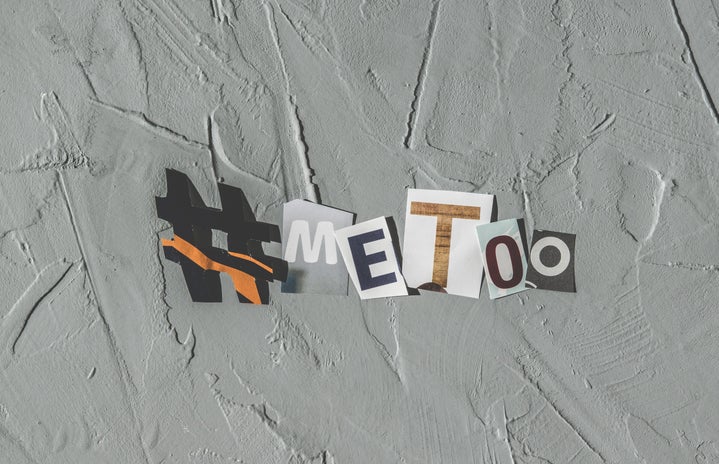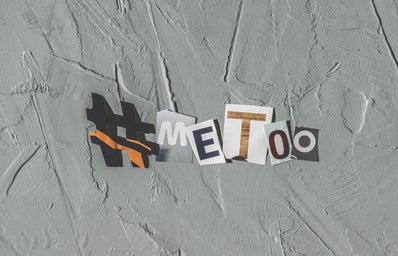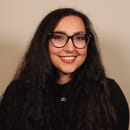Before the Me Too Movement became a global action against sexual violence, it was just a small activist group led by Tarana Burke. The movement started off slow, and Burke never imagined it would gain the traction it has today.
According to the National Women’s History Museum, Burke has been a community organizer and activist for over 25 years. When she was a teenager, growing up in The Bronx, New York, Burke joined a youth development organization called 21st Century to combat housing inequality, racism, and economic injustices. Years later, she graduated from Alabama State University and spent her time working with young women of color who had survived sexual abuse. She soon discovered she was not the only woman who had been sexually assaulted, and she believed there was power in the number of women who had come forward with their stories of survival and strength. Thus, Burke was inspired to start the Me Too Movement.
Me Too began on MySpace in 2006, and it aimed to support a community of diverse survivors. It originally started as a division of Burke’s self-founded organization called Just Be Inc., which provided support to survivors of sexual harassment and abuse. Today, the Me Too movement does just that, and more. According to Me Too’s website, the campaign “believes in the radical possibilities of a movement against sexual violence, led by survivors of sexual violence.” Burke’s theory behind the movement is to empower survivors through expressing empathy. When a fellow survivor says, “me too,” it gives other women the power to fight back against sexual violence and the systems that excuse such behavior.
In October of 2017, the Me Too movement went viral because actress Alyssa Milano tweeted: “If you’ve been sexually harassed or assaulted write ‘me too’ as a reply to this tweet.” Instantly, those who have experienced sexual violence responded to the tweet, shedding light on the movement Burke created over a decade ago. Today, the tweet has over 61,000 replies, including ones from Lady Gaga and actress Debra Messing. According to the Pew Research Center, the hashtag has been used over 19 million times within one year.
Because of the outpouring support for the movement, Burke was named Person of the Year by TIME Magazine in 2017 for her activism. In an interview with TIME, she discussed her thought process behind the movement and why she thinks it can make a difference in a society that often ignores sexual abuse.
“This is a movement that deals specifically with sexual violence,” Burke told TIME. “And it is a framework for how to do the work of ending sexual violence.”
Burke also does not want her name or her success with the movement to take away from victims and survivors.
“I think it is selfish for me to try to frame Me Too as something that I own,” Burke said, according to the The New York Times. “It is bigger than me and bigger than Alyssa Milano. Neither one of us should be centered in this work. This is about survivors.”
In honor of her achievements in activism and social justice, Burke has received both the Sydney Peace Prize and Harvard Gleitsman Citizen Activist Award in 2019, and in 2020, she was named one of USA Today’s Women of the Decade.
Today, Burke is the Senior Director at Girls for Gender Equity in Brooklyn, New York, a nonprofit that aims to provide support and create opportunities for women, specifically women of color, transgender women, and women with disabilities. The organization also works to help people unlearn the behaviors that reinforce and excuse gender-based violence.
If you are interested in learning more about Burke’s life, her memoir Unbound will be released on September 14, 2021.
If you or someone you know is in need of support, check out the Me Too website for resources.


